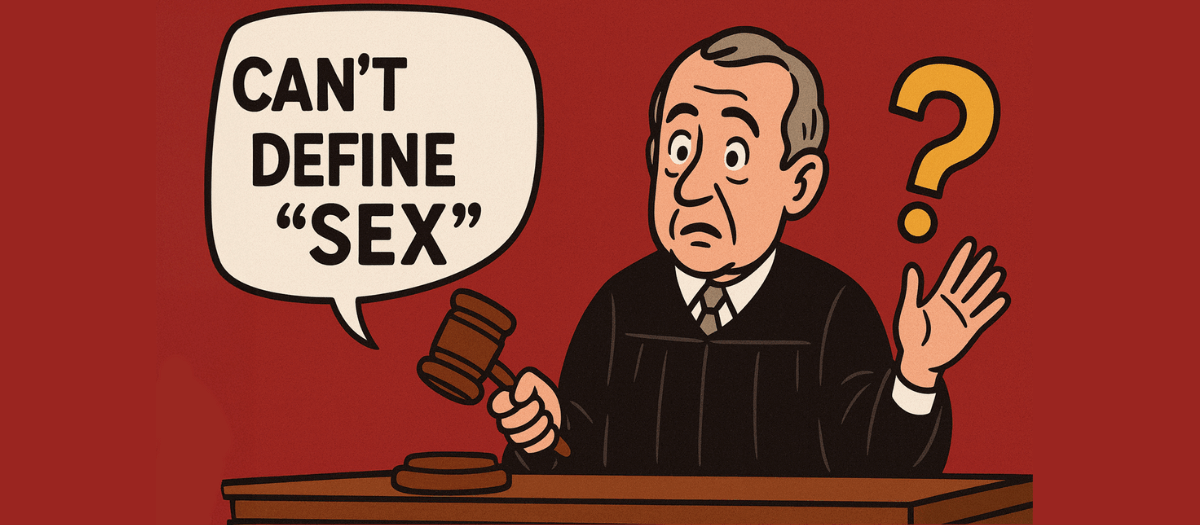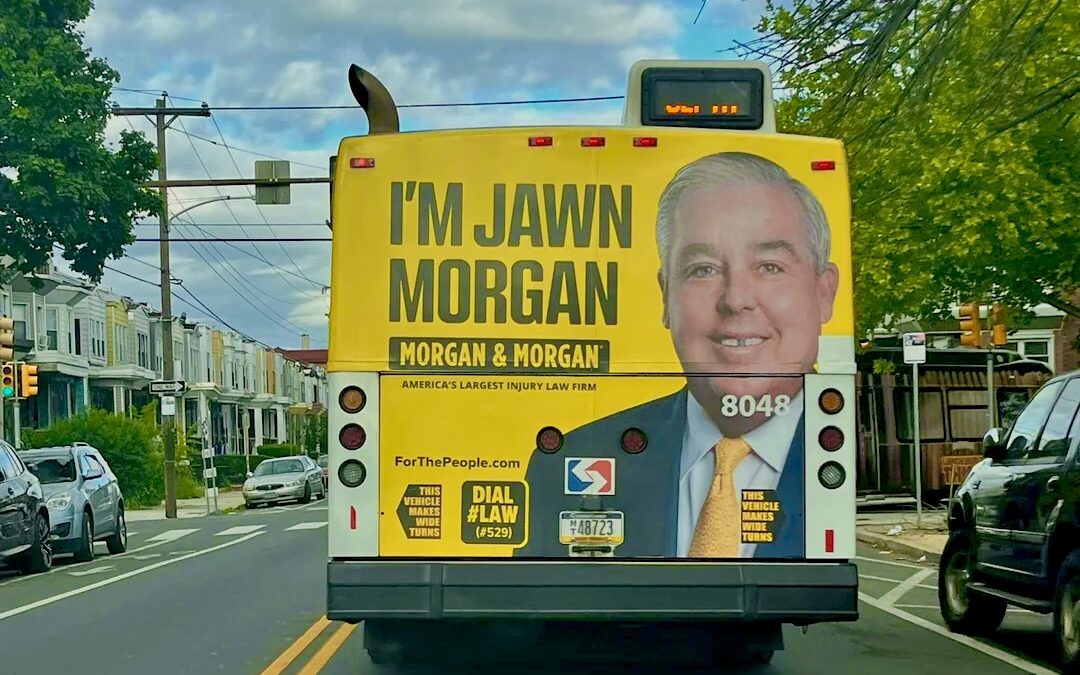Richard Koenig: The EEOC swings the cudgel of ‘adverse-impact’ doctrine
I think I’ve found my way to suit up with the Philadelphia 76ers: lodge a complaint with the US Equal Employment Opportunity Commission.
You will have noticed that the Sixers, like other NBA teams, don’t have a lot of white guys, nothing like enough to be proportional to whites in the general population, me included. The Sixers float above the rim. I can barely get net. They’re young. I’m on Social Security.
Racism, ableism, ageism. It would be an easy case for the EEOC. Just put me on the bench for a game or two, and we’ll have a settlement with the Sixers I can live with.
I’m moved to jest in this way by a lawsuit the EEOC filed last month against a convenience-store chain headquartered in Altoona, Pennsylvania: Sheetz Inc. Starting with a dairy store in the 1950s, Sheetz has expanded to what now are hundreds of gas-pump and fast-food operations employing some 25,000 people in six states. It remains a family-owned enterprise passed down the generations. The last time Sheetz was in the news, it had reduced its gasoline price to $1.776 a gallon for Independence Day.
Of what transgression does Sheetz stand accused? What offense did Sheetz commit to bring the weight of the federal government down upon it? Here’s what: the company nefariously screened job applicants by checking their “criminal justice histories.” The bigots!
No, correct that—and with the EEOC’s own words: “The lawsuit does not allege that Sheetz was motivated by race when making hiring decisions.” Yet the suit alleges that “Black, American Indian/Alaska Native, and multiracial” job seekers were denied jobs “because of race.”
So there you have it set forth in all its perversity: adverse-impact doctrine, embedded in law, a cudgel to be wielded. Employers with no discriminatory intent whatsoever are at risk if their hiring practices chance to result in racial or ethnic disparity. Whether, when, and how someone trying to run a business should risk giving a second chance to people who have had run-ins with the law is no longer left to the business owner. Lawyers in the EEOC are now the HR department and a would-be compulsory one at that.
Some numbers: According to the EEOC, 13 percent to 14.5 percent of “aggrieved” job seekers in one minority group or another failed Sheetz’s “criminal justice history screening,” as against eight percent of whites. (Only two persons actually brought discrimination grievances to the commission before it filed suit.) Nothing in the EEOC’s complaint suggests that the screening was itself biased. Indeed, the complaint says the “screening outcomes are consistent with published criminal justice statistics.”
If the EEOC has its druthers, here is how Sheetz must make amends. Give jobs to people previously screened out. Award back pay plus interest plus whatever bump-up is needed to offset the tax consequence of a lump-sum award. Grant retroactive seniority. If any of this leaves you unbelieving, see the complaint for yourself. (Case 1:24-cv-01123-JKB, filed April 17 in the US District Court in Maryland, Northern Division.)
Why Sheetz? Surely countless employers have turned away job applicants with criminal records. One line of speculation is that Sheetz has been targeted because it donates to Republican causes and candidates. This year a family member gave $24,500 to the campaign of David McCormick, who is making a run against the incumbent Democrat Bob Casey in Pennsylvania’s US Senate race.
But I’m not ready to buy that. Sheetz itself has said its wrangle with the EEOC goes back nearly eight years — so, with a Republican as well as a Democrat in the White House. What I can believe is that the hunt for adverse impacts speeds up in an administration incessantly waving the banner of “diversity, equity, and inclusion.” As for that huge employer which is the federal government, the EEOC last year urged federal agencies to “widely publicize” that they “are hiring persons with criminal conduct issues in their background checks.”
No less a DEI-banner waver than Joe Biden stopped at a Sheetz store during his most recent campaign swing through Pennsylvania. As it happened, that photo op occurred the very day the EEOC took Sheetz to court. Either the president was clueless, or he had a lot of gall.
Richard Koenig is the author of the Kindle Single No Place to Go, an account of efforts to provide toilets during a cholera epidemic in Ghana.




